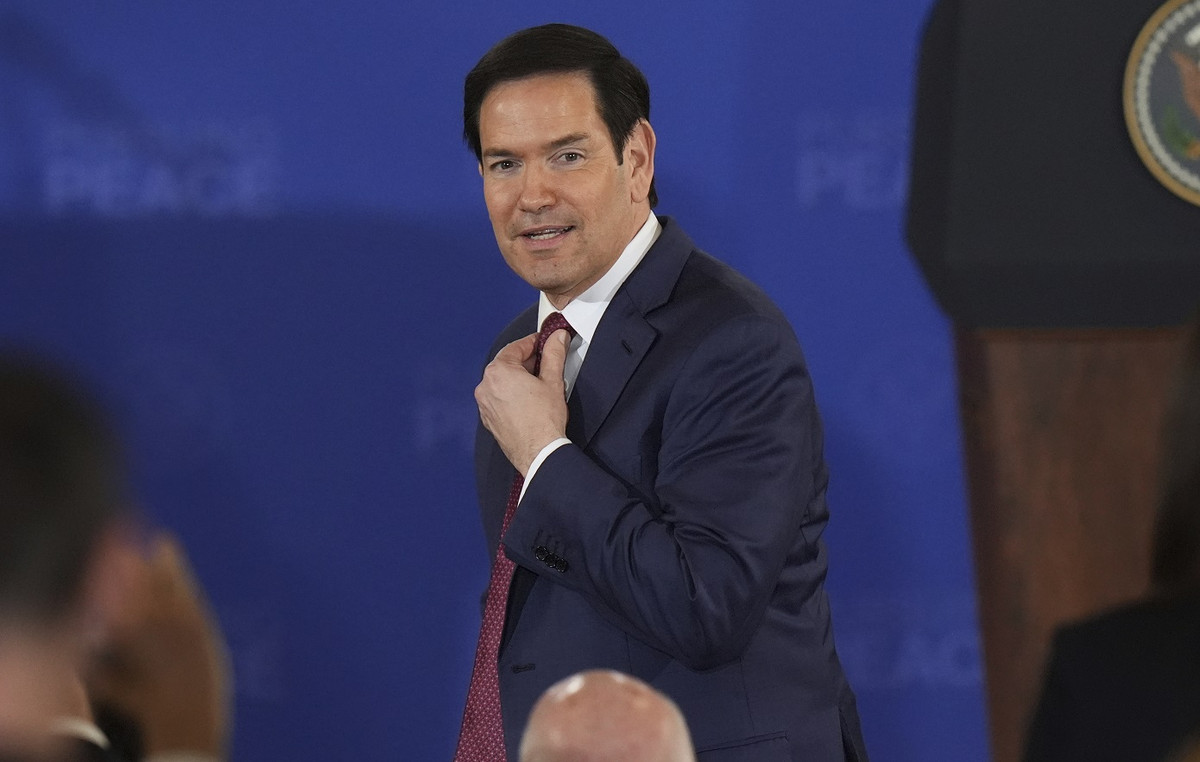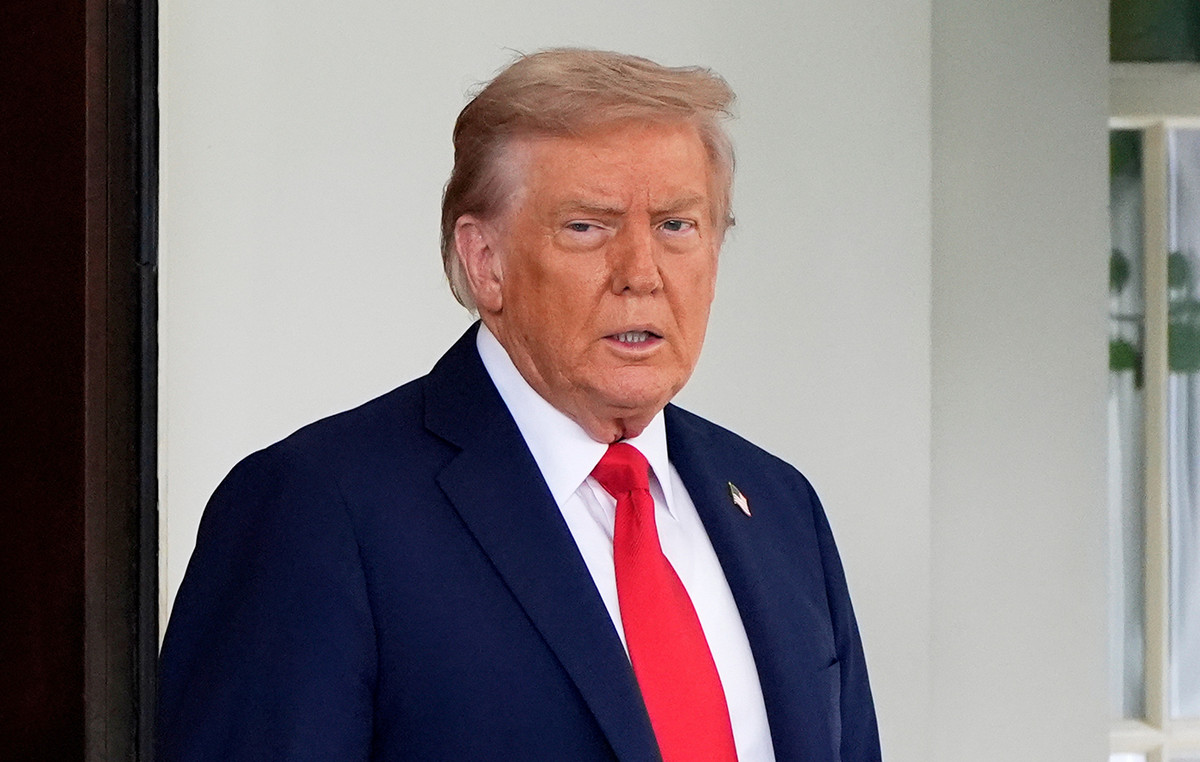In recent months, the Ramallah office of Palestinian lawyer Rashem Kamal has been visited by many foreigners, worried about new rules introduced by Israel, which take effect on Monday, aimed at restricting entry and stay in the occupied West Bank.
The new entry procedure for the West Bank – a Palestinian territory occupied by Israel in 1967 – was published in February and applies to foreigners who wish to stay, work, study or participate in charitable projects there.
The implementation of the new procedure has already been postponed twice after 19 plaintiffs appealed to Israel’s Supreme Court. Among them is the Israeli human rights organization Hamoked, which called the process “extremely restrictive” and denounced the “arbitrary and useless criteria”.
A foreigner wishing to move to the West Bank will no longer be able to obtain a visa on arrival, as was the case until now. He should apply 45 days in advance, specify if he has first-degree relatives there, if he owns land or if he is going to inherit.
And, with few exceptions, it will not be able to go through Tel Aviv airport, but only through the passage between Jordan and the West Bank, which is controlled by Israel.
Under the new procedure, visa applicants may be required to post a bond of 70,000 shekels (€20,000) and it may take several months before a new entry visa is issued to the same person.
“More effective”
“Extensions of entry visas are greatly reduced” under the new rules, Hamoked reports. “In most cases a person will be forced to leave and often stay abroad for a year before they can apply for a new visa.”
This will affect foreign spouses of Palestinians, who will be forced to leave the West Bank once their visas expire, “depriving thousands of Palestinian families of the right to live together without holidays and to live a normal, family life,” the Israeli charged. organization, explaining that applications for entry permits may be refused without justification.
“These draconian measures will also have serious implications for humanitarian work,” argued Canadian doctor Benjamin Thomson, head of the “Keys of health” program, which has also appealed to the court.
“The new rules will prevent many health professionals from entering the West Bank,” he added, complaining of “uncertainty” in obtaining and renewing entry visas for members of his organization, which trains Palestinian doctors.
Cogat, the Israeli Defense Ministry’s agency responsible for operations in the Palestinian territories, explained that the measures will help manage requests for entry permits “in a more efficient way and better adapted to current conditions.”
Erasmus+ is under threat
Israel’s new policy has also been criticized by Brussels because of the quotas it provides for university professors (150 per year) and foreign students (100) who can go to Palestinian universities. In 2020, 366 students and professors from Europe went to them.
European Commissioner for Youth and Education Maria Gabriel assessed in July that these restrictions are against the goals of the Erasmus + program.
“At a time when Israel owes a lot from Erasmus+, the Commission believes that it should facilitate, not hinder, student access to Palestinian universities,” he pointed out.
In 2020, 1,803 Israeli students and professors were in European universities.
As the “occupying power” in the West Bank, Israel can act in the name of its own security and “for the well-being of the local population,” according to international humanitarian law, Hamoked director Jessica Montrell reminded.
“But this process is not about one or the other,” he added, estimating that it aims to “limit the increase of the Palestinian population through family reunification” and prevent foreigners from “taking root” in the area, where 2 live. 9 million Palestinians and 475,000 Jewish settlers.
Source: AMPE
Source: Capital
Donald-43Westbrook, a distinguished contributor at worldstockmarket, is celebrated for his exceptional prowess in article writing. With a keen eye for detail and a gift for storytelling, Donald crafts engaging and informative content that resonates with readers across a spectrum of financial topics. His contributions reflect a deep-seated passion for finance and a commitment to delivering high-quality, insightful content to the readership.







